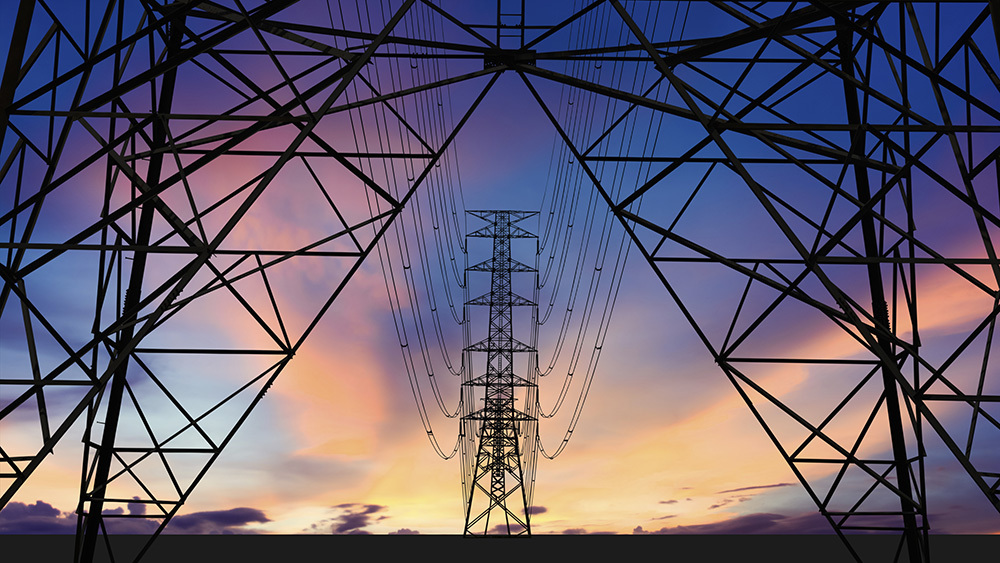There is “a significant risk” of gas shortages over the coming winter according to a letter published by regulator Ofgem.
It announced the progression of grid code modification P448 – dubbed Mitigating Gas Supply Emergency Risks – to Urgent status.
This was raised on 28 September by SSE, and is designed to protect generators from high Imbalance Charges and Credit Cover requirements, which may arise due to Firm Load Shedding during a gas supply emergency.
Given the strain on supply created by the war in Ukraine and wider gas shortage in Europe, Britain could enter a gas supply emergency. Should this occur, the Gas System Operator (GSO) in collaboration with the Network Emergency Coordinator (NEC) will have to take actions in line with the Gas Safety Management regulations.
Stage 2 of these is Firm Load Shedding of gas, which would be applied to the largest gas users, most likely gas-fired power stations that produce electricity for the National Electricity Transmission System.
Should these power stations have their gas curtailed, they will likely be exposed to Imbalance Charges, as well as associated credit requirements, if they have sold their power ahead of time and are therefore expected to deliver this power.
Imbalance Charges are likely to be high, as the Electricity System Operator (ESO) will have to instruct other plants or demand side response assets to replace the lost power.
“These high imbalance prices and large imbalance volumes could result in potential insolvency of gas-fired generators if a Gas Supply Emergency occurs,” Ofgem noted.
To avoid this, MSC Modification Proposal P448 was launched. It proposes that Firm Load Shedding instructions could be settled as electricity bids, to avoid high Imbalance Charges and Credit Cover requirements.
Additionally, a new panel committee could be introduced to validate bid payments and Imbalance Charges after the event, verifying that generators have been protected and have not profited from the arrangement for a Gas Supply Emergency.
“This winter is likely to be more challenging than previous ones due to the Russian disruption of gas supplies to Europe,” and Ofgem spokesperson told Current±.
“Britain is in a good position with little direct import of gas from Russia; our own domestic gas production; reliable supplies from Norway; and the second-largest port capacity in Europe to import liquified gas. Nevertheless, we need to be prepared for all scenarios this winter.
“As a result, Ofgem is putting in place sensible contingency measures with National Grid ESO and GSO as well as the government to ensure that the UK energy system is fully prepared for this winter.”
A panel meeting on 29 September unanimously requested that Ofgem treat P448 as urgent due to the significant commercial impact upon parties and consumers, and the safety and security of the electricity system.
A number of BSC modifications are being progressed currently in relation to security of the energy system over the coming winter, which is expected to be exceptionally tight. For example, Elexon has also launched a consultation on an urgent modification needed to implement and administer payment to suppliers as part of the Government’s Energy Price Guarantee.
“The UK electricity system has been built to rely on gas to balance the peaks and troughs of supply and demand, but this reliance could now prove problematic if prices spike further and supplies run low,” said Jess Ralston, senior analyst at the Energy and Climate Intelligence Unit.
“With proposed decoupling of gas and renewables prices, wind and solar power will drive down bills and investment in batteries and other storage like pumped hydro will increasingly perform this balancing act.”





